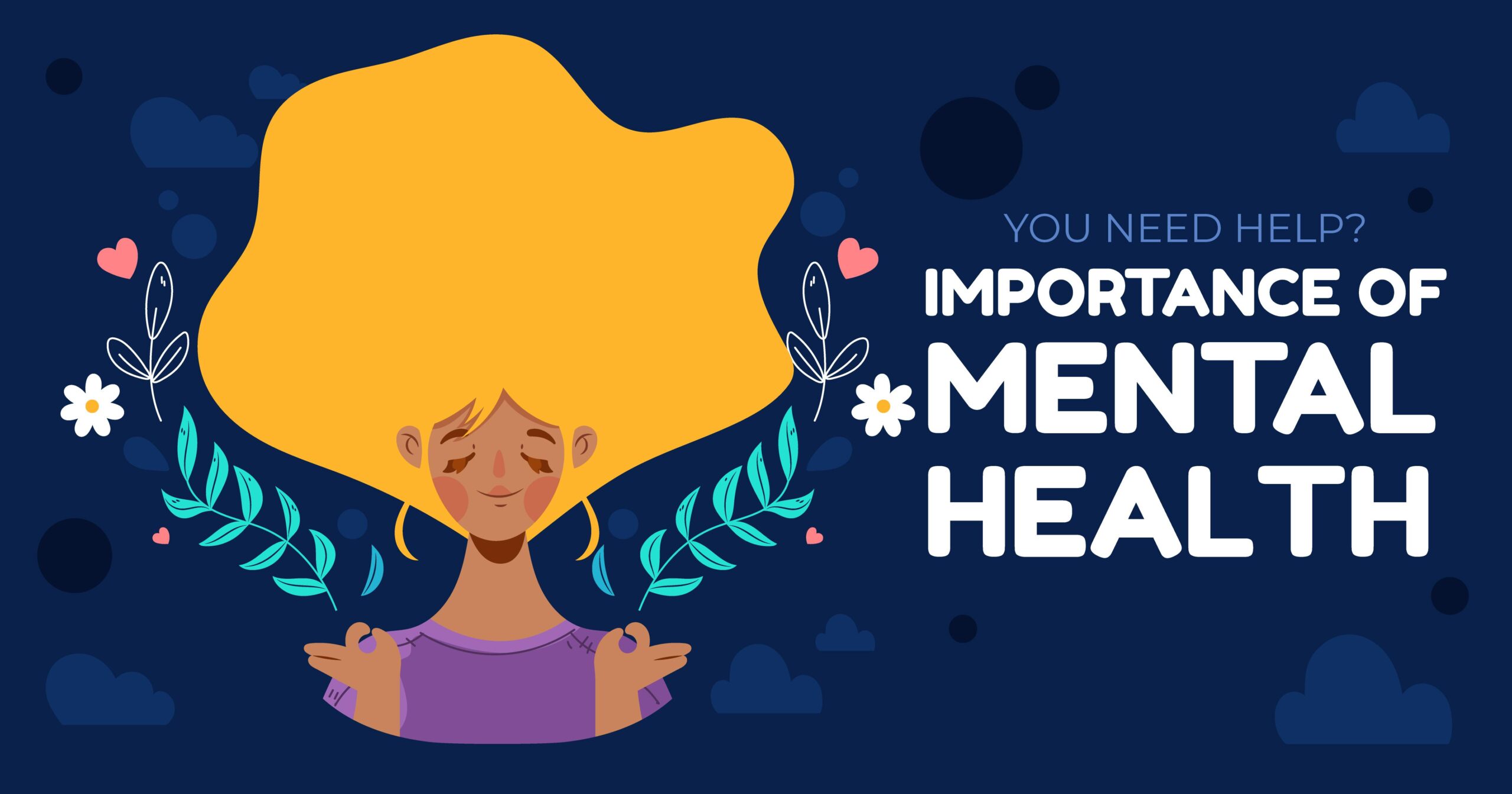Introduction
Mental health is a critical aspect of overall well-being, encompassing emotional, psychological, and social factors. It affects how we think, feel, and act, influencing our ability to handle stress, relate to others, and make decisions. In this comprehensive article, we delve into the importance of mental health, its various components, common challenges, and effective strategies for improvement.
The Importance of Mental Health
Mental health is as crucial as physical health. Good mental health enhances the quality of life, enabling individuals to function optimally in daily activities, maintain healthy relationships, and achieve their goals. Conversely, poor mental health can lead to significant distress, impairing one’s ability to perform tasks, manage emotions, and interact socially.
Components of Mental Health
Understanding the components of mental health is vital for recognizing and addressing mental health issues. The key components include:
Emotional Well-being
Emotional well-being involves the ability to manage and express emotions appropriately. It includes resilience, the capacity to cope with life’s challenges, and the presence of positive emotions such as happiness, contentment, and joy.
Psychological Well-being
Psychological well-being encompasses self-acceptance, personal growth, purpose in life, and autonomy. It reflects how individuals perceive their worth, potential, and place in the world.
Social Well-being
Social well-being involves having fulfilling relationships and a sense of belonging. It includes social integration, contribution to the community, and the ability to navigate social networks effectively.
Common Mental Health Challenges
Many individuals face mental health challenges at some point in their lives. Understanding these challenges is the first step toward addressing them. Some common mental health issues include:
Depression
Depression is a prevalent mental health disorder characterized by persistent sadness, loss of interest, and a lack of motivation. It can significantly impact daily functioning and quality of life.
Anxiety Disorders
Anxiety disorders involve excessive fear or worry that interferes with daily activities. Common types include generalized anxiety disorder, social anxiety disorder, and panic disorder.
Bipolar Disorder
Bipolar disorder causes extreme mood swings, including emotional highs (mania) and lows (depression). These shifts can affect energy levels, behavior, and the ability to perform daily tasks.
Schizophrenia
Schizophrenia is a severe mental disorder that affects a person’s ability to think, feel, and behave clearly. It often involves hallucinations, delusions, and impaired functioning.
Post-Traumatic Stress Disorder (PTSD)
PTSD can develop after exposure to a traumatic event. Symptoms include flashbacks, severe anxiety, and uncontrollable thoughts about the event.
Strategies for Improving Mental Health
Improving mental health requires a holistic approach, addressing various aspects of life. Here are effective strategies for enhancing mental well-being:
Healthy Lifestyle Choices
Maintaining a healthy lifestyle is crucial for mental health. This includes regular physical activity, a balanced diet, adequate sleep, and avoiding harmful substances.
Building Strong Relationships
Strong social connections provide emotional support and a sense of belonging. Cultivating meaningful relationships with family, friends, and the community can enhance mental health.
Stress Management Techniques
Effective stress management is essential for mental well-being. Techniques such as mindfulness, meditation, deep breathing exercises, and yoga can help reduce stress levels.
Seeking Professional Help
Professional help from therapists, counselors, and psychiatrists can provide valuable support for managing mental health issues. Therapy, medication, or a combination of both may be recommended.
Engaging in Meaningful Activities
Participating in meaningful activities that align with personal interests and values can boost mental health. Hobbies, volunteering, and pursuing goals provide a sense of purpose and fulfillment.
Practicing Self-Care
Self-care practices are essential for maintaining mental health. This includes setting boundaries, taking time for oneself, and engaging in activities that bring joy and relaxation.
Developing Resilience
Building resilience helps individuals cope with challenges and bounce back from setbacks. Developing problem-solving skills, maintaining a positive oulook, and seeking support are key components.


